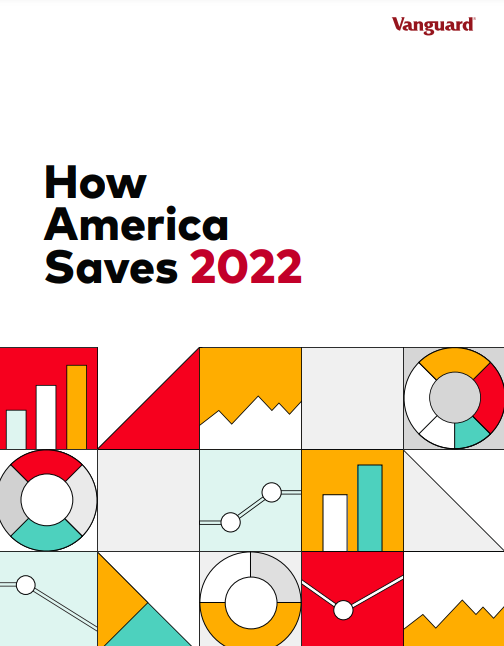Strengthening Retirement Income Security: Fairer Tax Rules and More Options Needed
By Alexandre Laurin & George Turpie Simple changes to tax rules can improve retirement security for Canadians, as well as make the retirement system more equitable among different classes of savers, and more efficient at managing longevity risks for capital decumulation. This E-Brief provides a discussion of needed retirement-related tax changes impacting members of capital accumulation plans, such as RRSPs and defined-contribution (DC) plans, divided into the accumulation and decumulation phases. Among the key tax changes recommended for the accumulation phase:...










